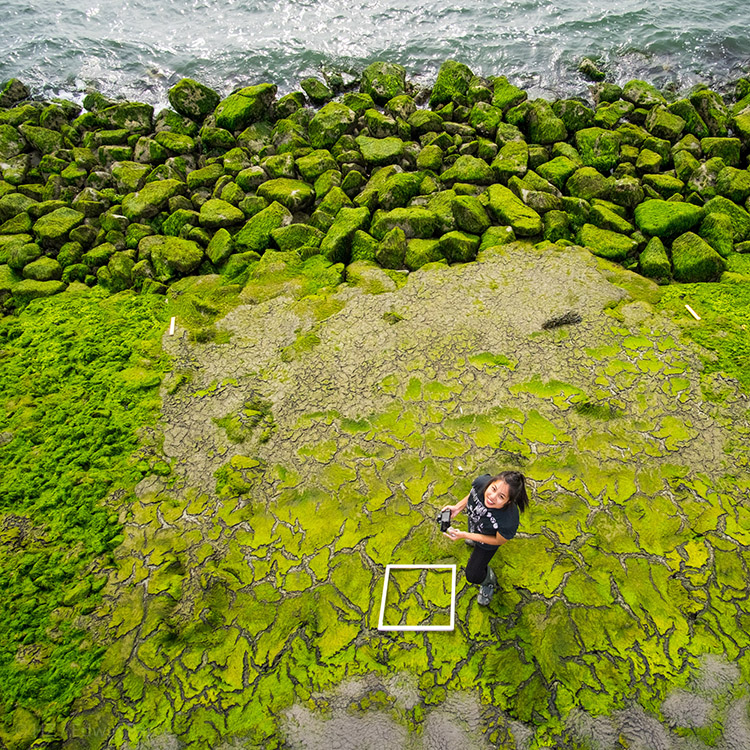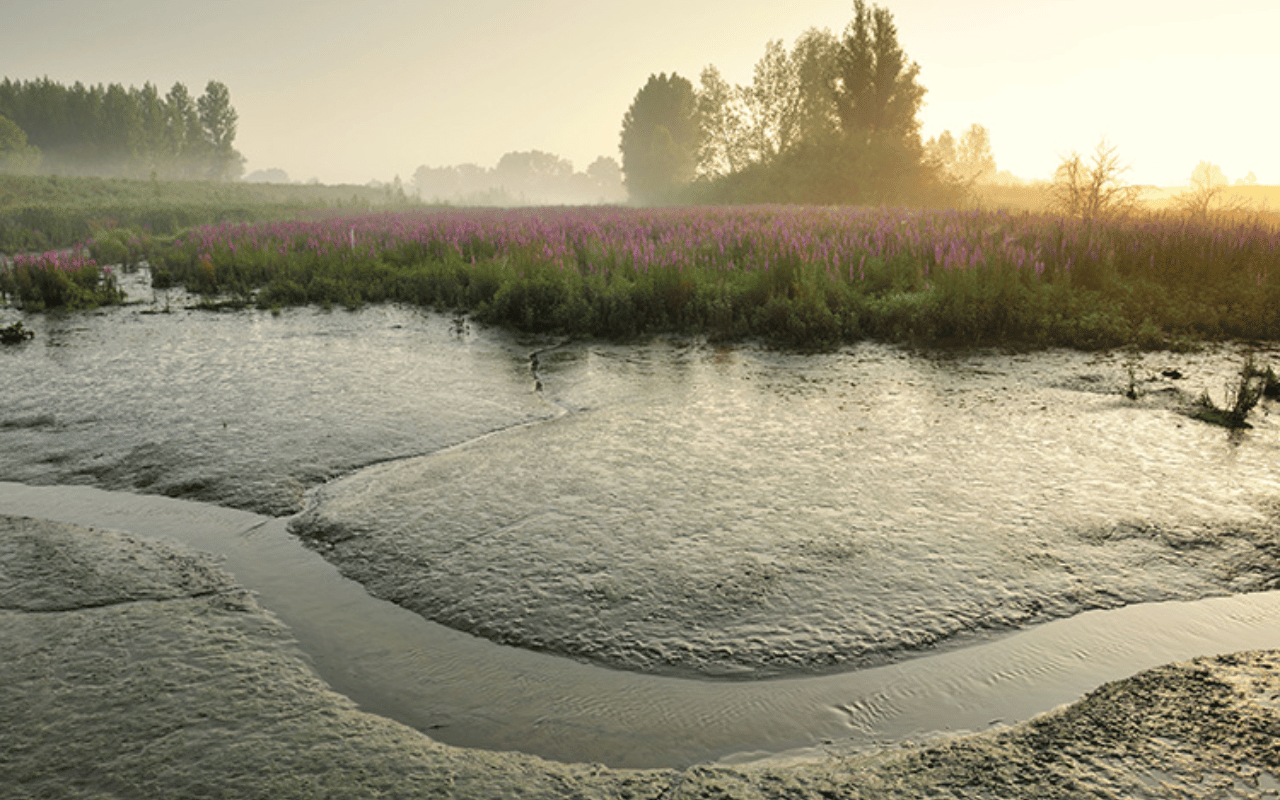The U.S. Army Corps of Engineers (USACE) and University of Georgia (UGA) recently announced they will be partnering with UGA’s Institute for Resilient Infrastructure Systems (IRIS), and USACE’s Engineering With Nature® (EWN®) Initiative to form the Network for Engineering With Nature (N-EWN).
The partnership will consist of a $2.5 million award to UGA from USACE, and researchers are expanding and accelerating EWN and the practice of natural infrastructure in the public and private sectors.
EWN is an initiative developed by USACE to efficiently and sustainably deliver economic, environmental and social benefits using natural infrastructure. By using a combination of natural and conventional processes and materials, natural infrastructure can protect people, homes and habitats. It can come in many forms and scales, including sand dunes engineered to prevent erosion, floodplains along rivers, which allow the river to ebb and flow without flood risk to communities, and coastal wetlands, which filter out pollution and provide habitat.
Sixteen UGA researchers from 10 different colleges and departments will apply their expertise to N-EWN’s mission. The project leader for UGA is principal investigator Dr. Brian Bledsoe, a professor in the College of Engineering, who specializes in resilient infrastructure. Dr. Jon Calabria, a professor in the College of Environment and Design, will also be a partner in the project.
The N-EWN partnership will also draw from the expertise of the UGA’s River Basin Center and Center for Integrative Conservation Research. In addition, an equal number of researchers from USACE will add their knowledge and skill to the network, led by Dr. Todd Bridges, the EWN National Lead and Dr. Jeffrey King, EWN Deputy National Lead.
Dr. Calabria states, “We are just beginning to conceptualize ways to integrate nature-based infrastructure to achieve sustainability and resiliency goals. Students and I are in the process of creating graphics and plans to inform these goals at several scales.”
In an ambitious set of pilot projects, the researchers will improve methods for using natural infrastructure to strengthen community resilience, create models and dashboards that allow designers to map out how natural infrastructure can provide more benefits to society, and inspire a new generation of engineers, ecologists and social scientists to utilize natural infrastructure through education and workforce development.
To come along on the journey, follow the hashtag #n4ewn on Twitter and Instagram(@network4ewn), where updates will be posted on the individual projects, researcher profiles, and exciting innovations in the field. Find more information about N-EWN on their website, https://n-ewn.org/


